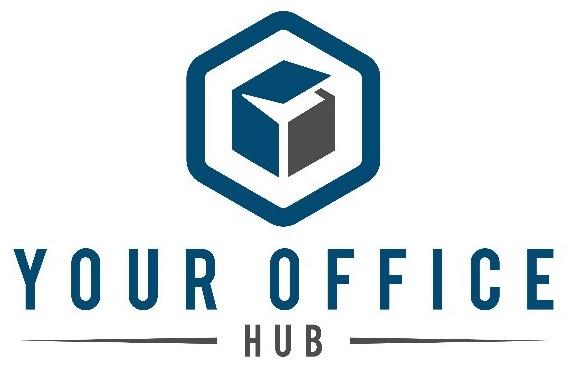The concept of home is evolving. What was once simply a place to live and create memories is now becoming a hub of connectivity and digital innovation. Smart homes, equipped with the latest technology to automate and enhance living experiences, are increasingly popular. However, as much as these technological advances offer unprecedented convenience and efficiency, they also bring challenges and concerns. Let's explore the advantages and potential drawbacks of smart homes compared to traditional homes, focusing on technology integration, security, and privacy concerns.
Advantages of Smart Homes
1. Enhanced Convenience and Efficiency:
- Smart homes utilize IoT (Internet of Things) devices such as smart thermostats, lights, and appliances that can be controlled remotely via smartphones or voice commands. This integration allows homeowners to manage their home environments more conveniently, potentially leading to increased energy efficiency and reduced utility costs.
2. Improved Safety and Accessibility:
- Features like smart locks, security cameras, and alarm systems provide enhanced security levels, offering real-time monitoring and alerts for unusual activities. For those with mobility issues or disabilities, smart homes can facilitate easier living with automated systems and voice-activated controls.
3. Customization and Lifestyle Integration:
- Smart home technology adapts to the lifestyles of its inhabitants. Whether adjusting the lighting based on the time of day, starting a favorite playlist when you walk in the door, or preheating the oven before you arrive home, smart homes can tailor environments to suit individual preferences and routines.
Drawbacks of Smart Homes
1. High Initial Costs and Maintenance:
- The cost of purchasing and installing smart home technology can be prohibitive for many. Additionally, maintaining these systems, especially as technology evolves rapidly, can lead to further expenses, as older devices may need to be updated or replaced to stay compatible.
2. Complexity and Reliability:
- Managing a smart home requires a certain level of technological proficiency, which can be a barrier for those not comfortable with digital tech. Reliability can also be an issue; dependence on internet connectivity means that a Wi-Fi outage can disrupt the entire ecosystem, affecting everything from heating and security systems to refrigerators and ovens.
3. Security Risks and Privacy Concerns:
- As much as smart homes enhance security in some respects, they also open up new vulnerabilities. Hackers can potentially gain access to personal information or even control of the house’s systems. The more devices connected to the internet, the greater the risk of privacy breaches or cyber attacks.
Traditional Homes: The Classic Approach
1. Simplicity and Familiarity:
- Traditional homes, without integrated digital systems, offer simplicity and the comfort of familiarity. For many, the conventional approach to home management—without the need to interact with technology constantly—is preferable.
2. Fewer Privacy Concerns:
- Without interconnected devices that monitor and record various data points, traditional homes inherently have fewer privacy concerns. There's no risk of data being hacked if it isn't being collected in the first place.
3. Lower Initial Costs:
- Avoiding the integration of high-tech smart systems can significantly reduce the initial costs involved in setting up and maintaining a home, making this a financially attractive option for many.
Conclusion
Choosing between a smart home and a traditional home depends largely on personal preference, lifestyle needs, and financial considerations. While smart homes offer modern convenience and efficiency, traditional homes provide simplicity and fewer digital risks. As technology continues to evolve, perhaps the key lies in finding a balance that comfortably integrates the best of both worlds.
For those navigating the complexities of smart home technology or simply seeking to enhance their home’s digital security, it's crucial to have reliable, up-to-date software solutions. Visit YourOfficeHub.com to ensure your systems are equipped with genuine, secure software, whether you’re turning your residence into a smart home or keeping it traditional but tech-safe.

